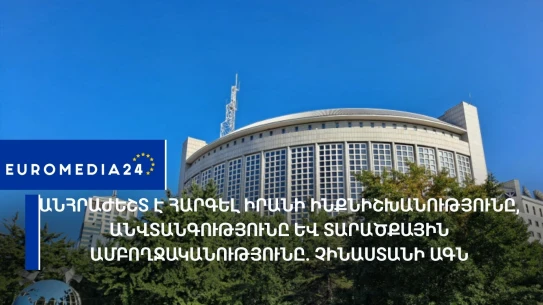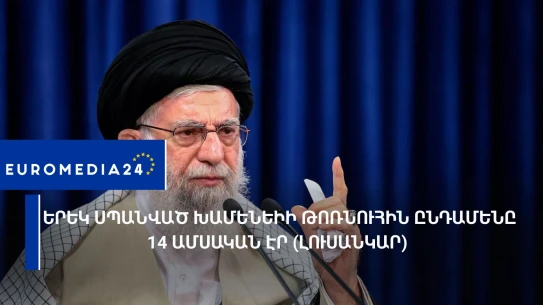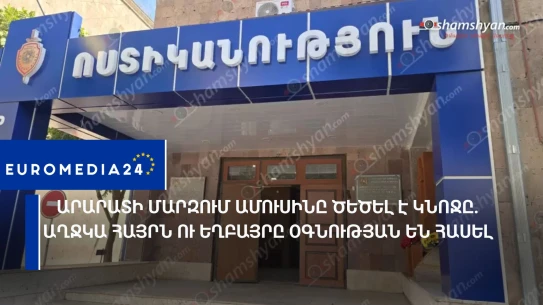"Fact" daily writes:
Despite widespread complaints, the government made a small "step back" in the universal declaration system, setting a threshold of up to 300 thousand drams for non-taxable income received through donation, gratuity, loan, property alienation, however, people's dissatisfaction does not decrease.
It is true that the authorities are trying to place these grievances in the context that people have something to hide, in fact, the technical complexity is no less important, which is pushed into the background.
The point is that people will have to get an ID card, and it is not clear what this is for, if first, ID cards are no longer "with a chip", and second, if a person has a passport and a public servant number (social card).
Next, it turns out, if a person has a phone that does not have a "SIM" slot, should he buy a new phone?
Thirdly, it turns out that people who barely make ends meet will have to pay additional expenses: 3,300 drams (with commission) for a meaningless ID card and 3,000 drams a year for an electronic signature.
Yesterday, SRC announced that it is ready to support taxpayers and their employees in order to increase the level of awareness about the annual income declaration.
If the organization has 50 or more employees, representatives of the Taxpayer Service Department of SRC can visit the given organization and carry out awareness activities regarding the annual income declaration of individuals.
In other words, if the state itself admits that the system is so complicated that there is a need for awareness, what will they do in 2026, when everyone, from a shepherd in a remote village to a pensioner and a housewife, will be obliged to submit a declaration?
As a result, many experts believe that if last year about half of those who had the obligation to submit a declaration filed a declaration, then this year the percentage may be much lower.


























